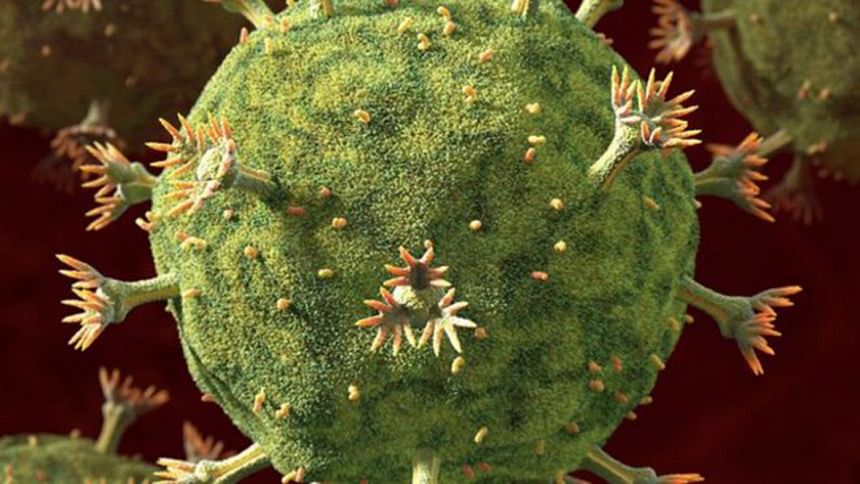New approach against HIV ‘promising’

The first human trial of a new type of HIV therapy suggests it could be a promising weapon in the fight against the virus.
Reports in the journal Nature show infusions of so-called broadly neutralising antibodies could suppress the amount of HIV in a patient's blood.
The approach uses clones of immune proteins taken from a rare individual who has natural control of the disease.
Scientists hope with further work this could bolster current treatments.
'Profound effects'
People naturally mount a defence against the virus by producing an army of protein based weapons - antibodies. But in most cases these are not powerful enough to defeat it.
The international research team harvested copies of unusually potent ones, capable of neutralising many different strains of HIV.
Patients given the highest concentrations were able to fight the virus for some time, dampening the replication of HIV in their blood.
The strength of this protection varied - in some it lasted more than four weeks.
In the journal the authors said: "Our data establish that passive infusion of single broadly neutralising antibodies can have profound effects on HIV viraemia in humans."
But because of the virus's ability to mutate rapidly, in some patients it was able to outwit the therapy by changing structure over time.
To overcome this scientists suggest using this treatment alongside current drugs or together with other antibodies.
'Immune jolt'
Prof Michel Nussenzweig of the Rockefeller University in New York, told BBC News: "This is different to treatment out there already on two counts.
"First because it comes from a human - so it is natural in that respect.
"And secondly it opens up the possibility of giving the patient's own weakened immune system a jolt.
"One part of the antibody could act as a red flag - pointing out to the body where the virus is hiding and sending signals to kill it."
They are now exploring whether the infusion could shield people from getting the disease in the first place.
But he cautioned that studies into the antibody are still small and at an early stage.
"We have shown the approach is safe and effective.
"What this trial is telling us is that it is now time to look at the possibilities - from prevention and treatment to even cure," he said.
Commenting on the findings, Prof Vincent Piguet from Cardiff University, said: "This exciting novel study shows for the first time that antibodies may have a place in the line of therapies directed against HIV."
He described it as an "important development in the fight against HIV" but said the costs of antibody therapy and the emergence of resistance must be taken into account.

 For all latest news, follow The Daily Star's Google News channel.
For all latest news, follow The Daily Star's Google News channel. 



Comments